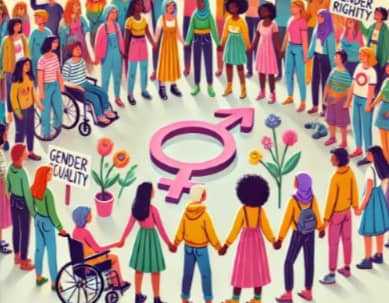
Audrey Galawu
Assistant Editor
As global movements advocate for justice and equality, a new wave of collaboration is emerging to address complex challenges surrounding gender-based violence, disability rights, and reproductive health. With key international observances like the 16 Days of Activism Against Gender-Based Violence and International Human Rights Day, advocates are calling for bold, united action to advance progress on multiple fronts.
Understanding the interplay of gender, disability, age, and socioeconomic status is essential to addressing gender-based violence.
“Intersectionality reminds us that violence cannot be disentangled from other forms of oppression, such as ableism, sexism, and economic inequality,” said Benedicta Oyedayo Oyewole, Community Engagement and Partnership Lead at the International Planned Parenthood Federation.
By integrating perspectives from different movements, activists aim to create inclusive solutions that meet the unique needs of marginalised communities.
A key focus is amplifying the voices of those who live at the intersection of multiple identities, including women with disabilities. Abia Akram, a disability rights advocate, stressed the importance of accessible reproductive health services tailored to the needs of women with disabilities. “Empowering women to make informed decisions about their health is fundamental to achieving true equity,” she said.
In the Philippines, for example, reproductive health advocates are working with lawmakers to implement inclusive policies that reflect the realities of women and girls across diverse communities. Similarly, India’s advancements in safe abortion laws, while promising, highlight the need for continuous grassroots efforts to dismantle stigma and improve access.
Advocates are leveraging platforms like the SHE & Rights initiative to foster solidarity across movements.
Related Stories
“Our struggles are interconnected, and our victories depend on mutual respect and collaboration,” said Oyewole. These partnerships aim to break down barriers between groups, ensuring that movements work together for collective impact.
One example of this collaboration is the push to establish crisis centres that address economic vulnerabilities while providing tailored support to survivors of violence. “Solidarity means creating programs that respond to everyone, not just a select few,” said Oyewole.
Governments also have a critical role to play in advancing gender and disability rights. Shobha Shukla, Coordinator of SHE & Rights, called for policies that dismantle systemic barriers like patriarchy, ableism, and racism. “Economic and social justice must go hand-in-hand with gender equality,” she said.
Advocates are urging leaders to honour commitments outlined in the Sustainable Development Goals, particularly those related to gender equality and health justice. By prioritising inclusive policies, governments can ensure that progress benefits all segments of society.
While challenges persist, advocates see the ongoing 16 Days of Activism as a rallying point for collective action.
By centering intersectionality, strengthening cross-movement collaboration, and holding governments accountable, the global community can pave the way for a more equitable future.
As Oyewole quoted Audre Lorde, “Without community, there is no liberation.”












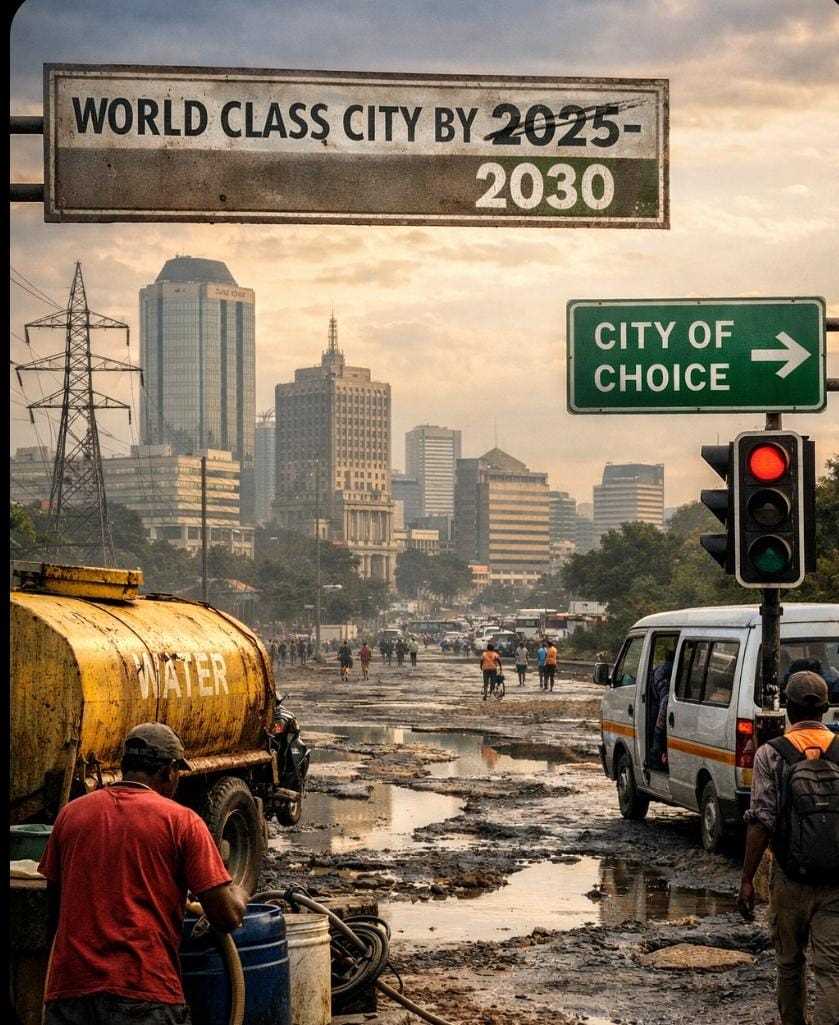
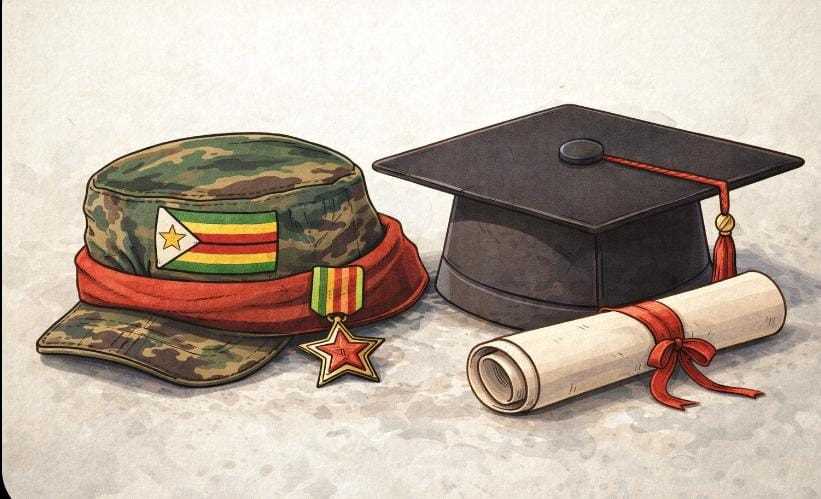
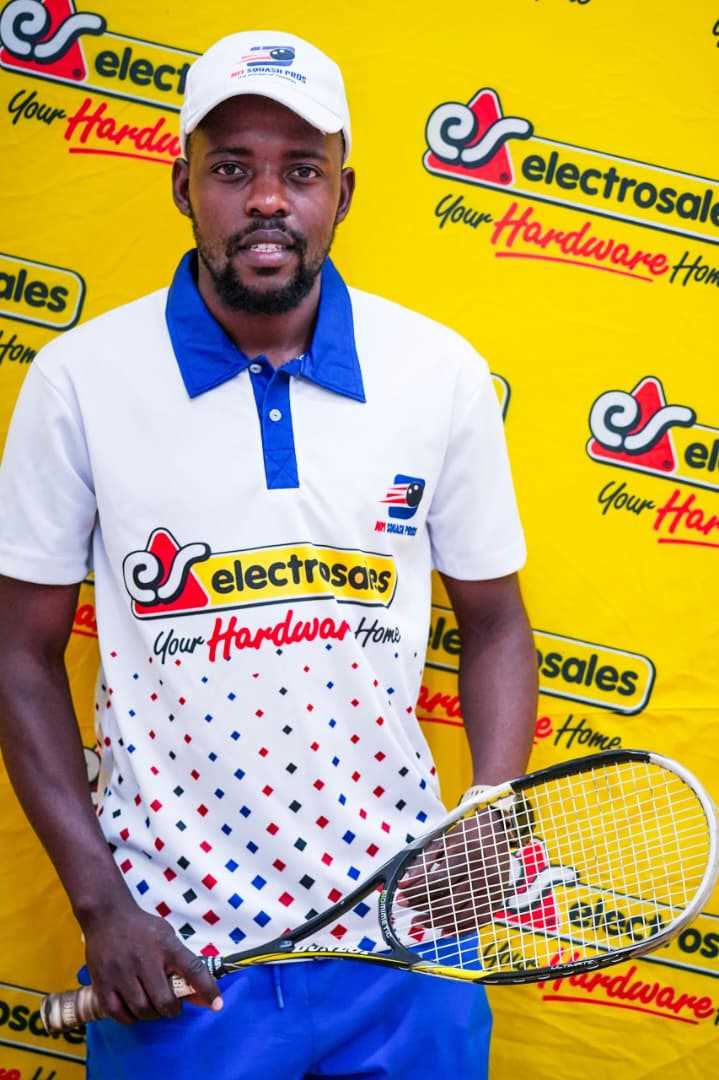
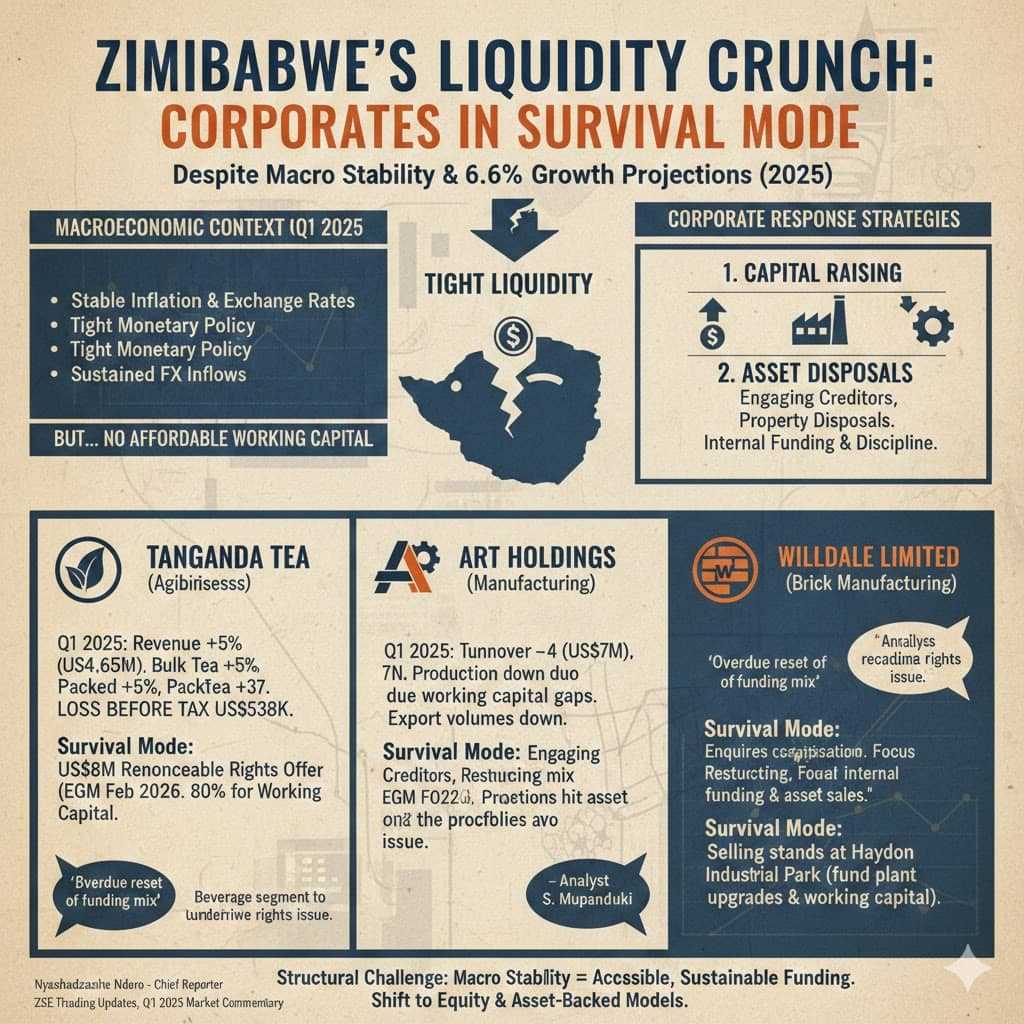


Leave Comments